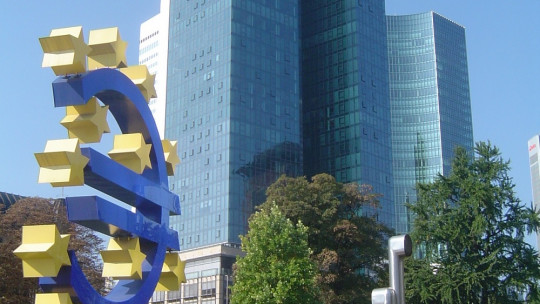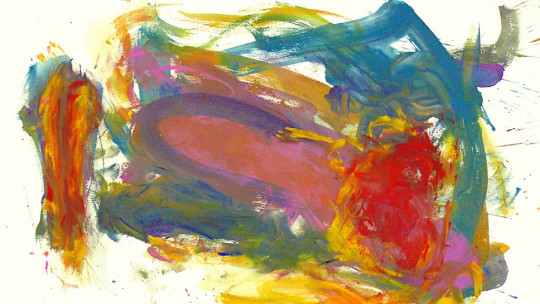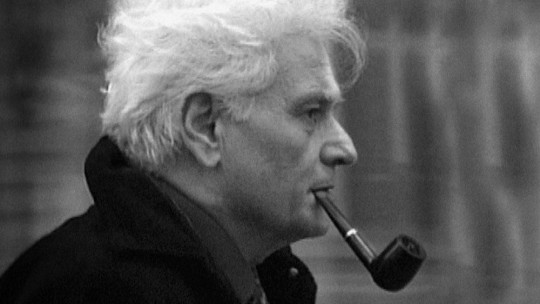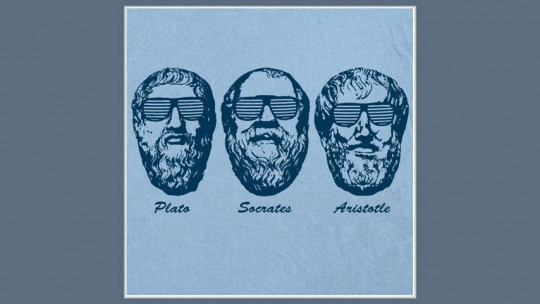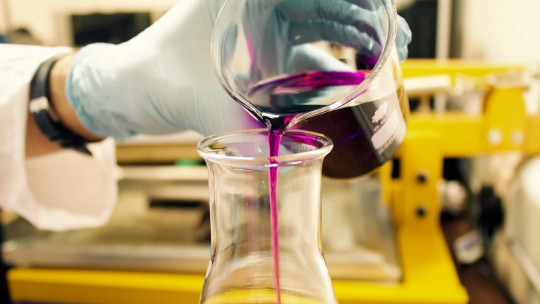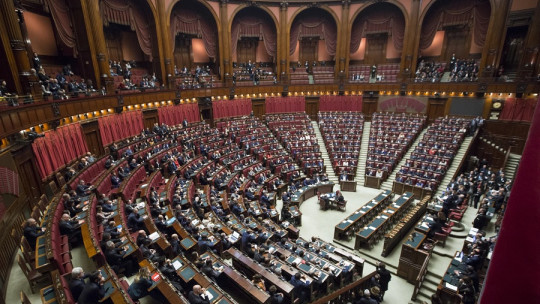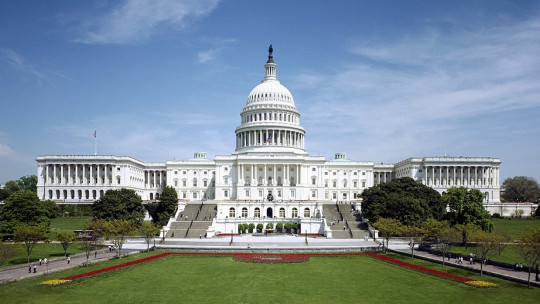
In the 1970s, the French philosopher Michel Foucault analyzed how the ways of managing individual and social life had been transformed in the West, developing three concepts that have been especially popular and influential in the social sciences in recent decades. : Biopolitics, Biopower and Governmentality.
In general terms, Biopolitics is the set of calculations and tactics that intervene on a population through life management. It is a concept that has given us a way of understanding how the organization and government of our societies has been generated towards promoting some ways of life, and not others; especially since the end of the sovereignty regime.
Biopolitics: management and power over life
Michel Foucault explained that during the Middle Ages, and until approximately the beginning of the 18th century, the management of societies was dominated by the paradigm of sovereignty. In this paradigm, ‘the art of governing’ was centered on the figure of the sovereign; and his authority was exercised mainly through the management of a territory.
Therefore, the sovereign also had the authority to impose laws or punishments, as well as to kill the inhabitants of that territory who did not abide by his rules. Hence, according to Foucault, The power of the regime of sovereignty operated through the following formula: “make die, let live”
However, it is from the 18th century onwards, with the introduction of liberal technologies of government, among other things, that life ceased to be subject to the decisions of the figure of the sovereign and was incorporated into the center of the political management of a new authority. : the state. In this new management, the intention It is no longer about subtracting life, but about producing it, regulating it, making it efficient
Thus, the power of liberal technologies of government, Foucault tells us, occurs through the inverse operation of the regime of sovereignty: “make live, let die”; issue that manifests itself through the management of life as a way of governing and organizing populations. Foucault called this Biopower, he even baptized this era as “the age of biopower.”
It was then that the philosopher stopped opposing ‘sovereignty’ to ‘biopolitics’, and moved his studies towards the conversion of ‘sovereignty’ to ‘government’. Here, he pays special attention to how this ‘government’ occurs and what place ‘life’ (bios) occupies in it. For example, through the analysis of norms regarding health, hygiene, birth rate or race
The population: a new object of government
Biopower, according to Foucault, operates in two main ways: 1. towards the management and training of bodies at the individual level (for example, towards maximizing their forces to integrate them into the capitalist production system); and 2. the regulation of the body in rather global terms, for example through birth control, mortality, health, sexuality, etc.
In contrast to the “territory”, which was the object of intervention of the sovereign’s regime, the new regime is about regulating the relationship between the territory and the people who inhabit it. Thus, a new object of government, study and intervention emerges: the population.
This population is not only a group of people, but it is also a process, therefore, the ‘art of governing’ consists of generating techniques that allow this process to be conducted. On the one hand, through political economy, statistics, social measurement, etc.; and on the other, towards shaping individual actions since it is the people (through their habits, customs and interests) who make use of the territory under management.
Biopower, then, consists of deploying government techniques that allow these people to conduct their actions on their own, towards increasing wealth and preserving the logic of the State.
Make desire circulate freely
Unlike the regime of the sovereign (where it was about imposing laws); In the liberal technology of government, it is about the same people who “freely” orient their decisions and ways of life towards the political interests of the new regime A regime that, in addition, deploys a series of mandates to promote some ways of life and discard others.
In other words, it is about creating the necessary conditions so that the population can manage itself, and for this, the free circulation of desire must be ensured. That is, it is no longer about prohibiting or finding a way to say “no” to desire (as it was in the sovereign regime); It’s about finding a way to say “yes.”
In this way, the technique of government translates into the self-production of the subject, who becomes an ‘entrepreneur of himself’, incorporates the logic of consumption in a dynamic of personal demand that is disguised as ‘freedom’ It is the subject himself who is in charge of satisfying his needs and desires individually for the benefit of the reason of State, which definitively breaks with the old technologies of sovereign power.
Three keys to Biopower
The concept of Biopower has been taken up by several contemporary philosophers who have given it uses and applications with different nuances. Among them are Rabinow and Rose (2000), who suggest that the exercise of Biopower includes at least these three elements:
1. Real speeches
The existence of one or more speeches of truth about the vital character of human beings and a set of authorities who are considered competent to speak of those truths.
These discourses of truth can be biological, but also demographic or even sociological, for example when notions regarding genetics and risk are articulated.
2. Rules about life and health
It involves creating and deploying a series of intervention strategies towards forms of collective existence in the name of life and health, initially directed at populations that may or may not be territorialized over the nation or over predetermined communities, but can also be specified in terms of biosocial emergency; emergencies often marked by categories such as race, ethnicity, gender or religion
3. Self-government
It refers to the deployment of modes of subjectivation, through which Individuals govern themselves under certain forms of authority, in relation to discourses of truth and in the name of their own health or the health of the population. Self-government is the essential component of biopower and contemporary forms of government.
From Biopolitics to Governmentality
As we have seen, while Foucault was trying to answer how life had become a political object (a central object in the government and management of human societies), he began to outline the concept of Biopolitics and Biopower.
But, he realizes that first he had to clarify the context in which the government of life was occurring. With this, moved towards the study of ‘Governmentality’ understood as the way in which behavior is conducted in different devices (e.g. the hospital, prison, school or also the State).
In other words, Foucault began to prioritize the concept of Governmentality over that of Biopolitics. He even declares the “age of governmentality,” as opposed to the “age of biopower.”
Broadly speaking, for Michel Foucault, Governmentality is the set of institutions, procedures, analysis, reflections, calculations and tactics that allow the exercise of a form of power over a specific population. In other words, Governmentality is the tendency that led the West to exercise power through the government over “the population”, which includes sovereignty, discipline and the apparatus of knowledge


